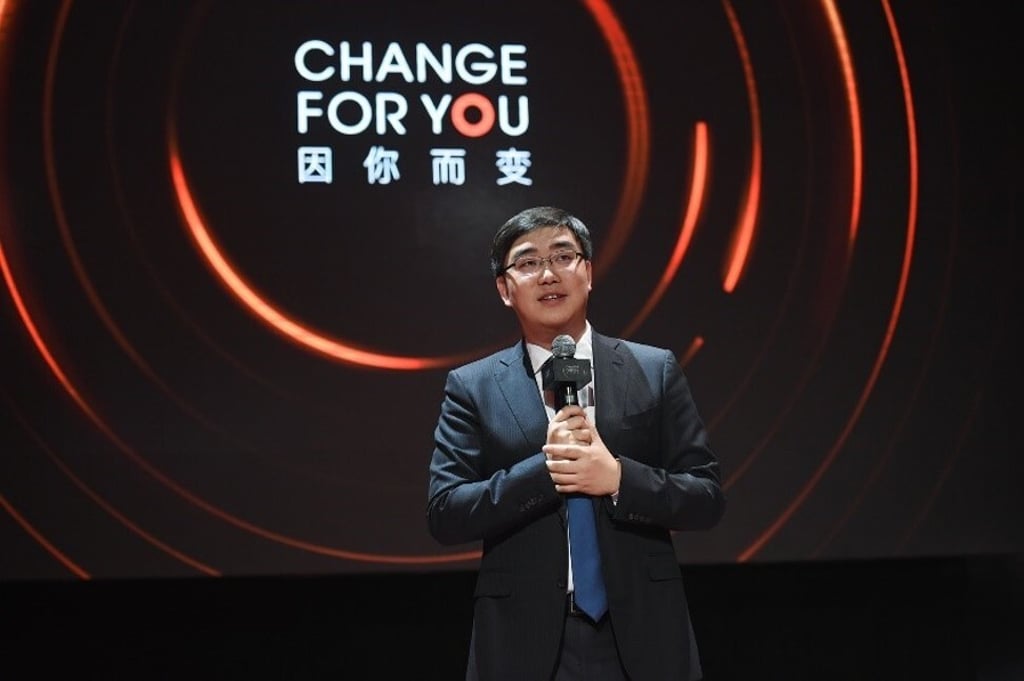Exclusive | China’s probe into ride hailing giant Didi Chuxing may lead to management reshuffle, sources say
- The investigators’ top priorities are to ascertain the line of responsibility in Didi’s IPO decision, and to fix any security loopholes in its apps
- The probe at Didi’s head office has been ongoing for weeks, involving daily summons of mid-level managers for hours of questioning at short notice

Didi-Chuxing, the dominant Chinese ride-hailing service, may have to reshuffle its senior management team as a result of the ongoing cybersecurity investigations into its US$4.4 billion New York initial public offering, according to several sources familiar with the matter.
Didi’s founder and chairman Cheng Wei, co-founder and global president Jean Liu Qing, and senior vice-president Stephen Zhu Jingshi – who together hold more than 50 per cent of the voting rights of Didi’s eight-member board – are under scrutiny by a number of agencies led by the Cyberspace Administration of China (CAC), the sources said.
“Didi is actively and fully cooperating with authorities in the cybersecurity review,” the company said in a statement late on Wednesday. “Market speculation about management change is untrue and unsubstantiated.”

Cheng, who founded Didi in 2012, owns 7 per cent of the ride-hailing platform. Liu, the daughter of Lenovo’s founder Liu Chuanzhi, owns a 1.7 per cent stake, according to the company’s listing prospectus. Together, the two co-founders hold more than 48 per cent of the voting power.